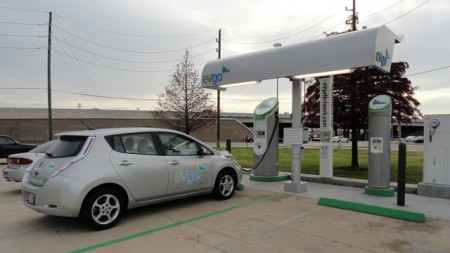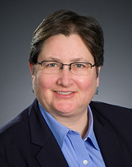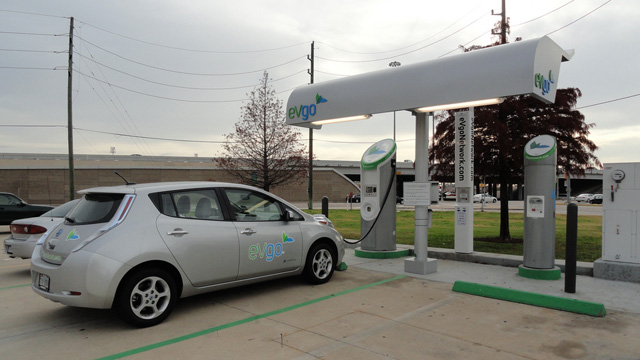
Electric car drivers cheered last week when the California Public Utilities Commission (CPUC) and NRG Energy announced plans to invest $100 million in the state’s electric vehicle charging infrastructure. NRG will invest in EV charging infrastructure in exchange for settling claims for overcharges during the 1999 California energy crisis. For the past several months, CPUC and NRG Energy worked behind closed door to establish the terms of the settlement. Opinions on the deal’s fairness are divided.
“The most benefit to rate payers would have been a direct cash settlement,” said Eileen Tutt, executive director of California Electric Transportation Coalition. But instead, NRG proposed an in-kind deal, and CPUC agreed. At first glance, the settlement gives NRG, a New Jersey-based energy industry behemoth, a near-monopoly on California’s electric car charging. The majority of the $100 million investment will go to installing at least 200 480-volt EV fast-charge stations—resembling traditional gas stations in appearance and refueling times. The company will own and charge fees for using these locations, which it calls “freedom stations.”
Something Today

“We did not have the total cash option,” said Nancy Ryan, deputy executive director for policy at CPUC. “The choice we had was to get the best deal today that was primarily in-kind with a cash component, versus continuing to litigate for years and years, and still maybe coming up with nothing.” The CPUC insisted on two key provisions: serving the state’s policy goals for electric transportation, and getting at least some cash for ratepayers. The final settlement includes $20 million in cash.
NRG is pleased with the outcome. “The settlement guarantees EV investment at a much higher rate and a much higher speed than would otherwise be done,” said David Knox, NRG’s director of communications.
